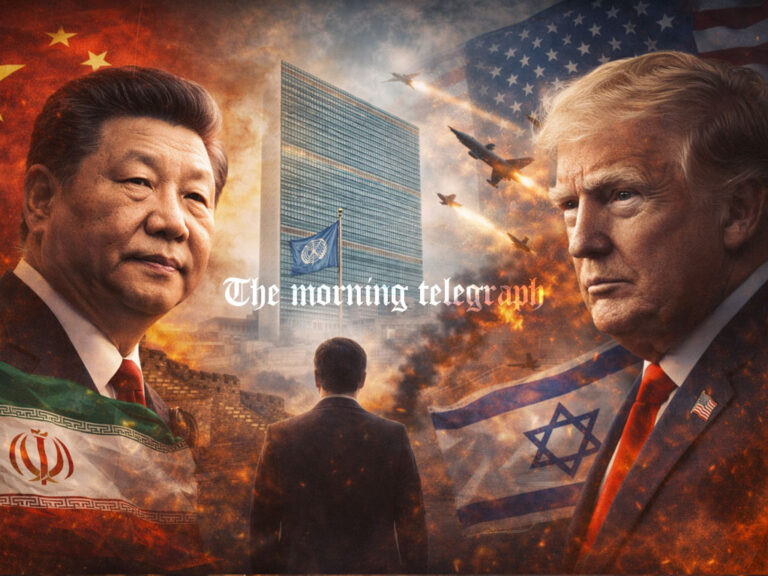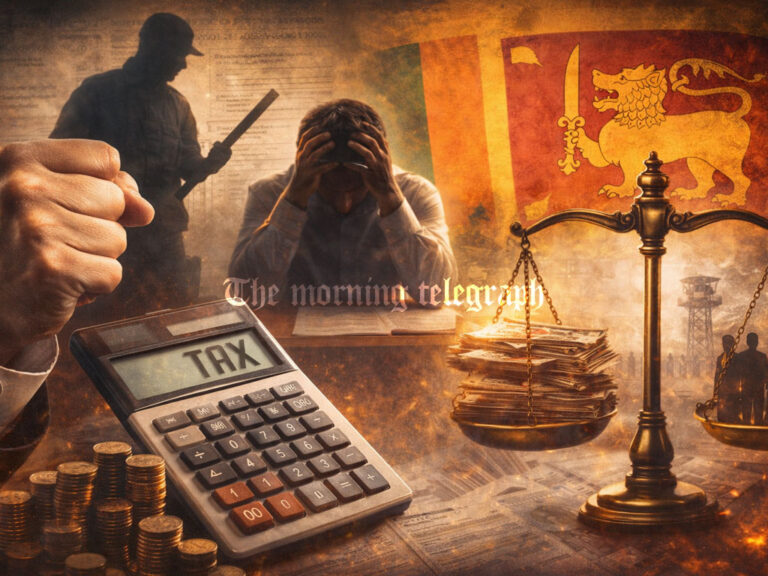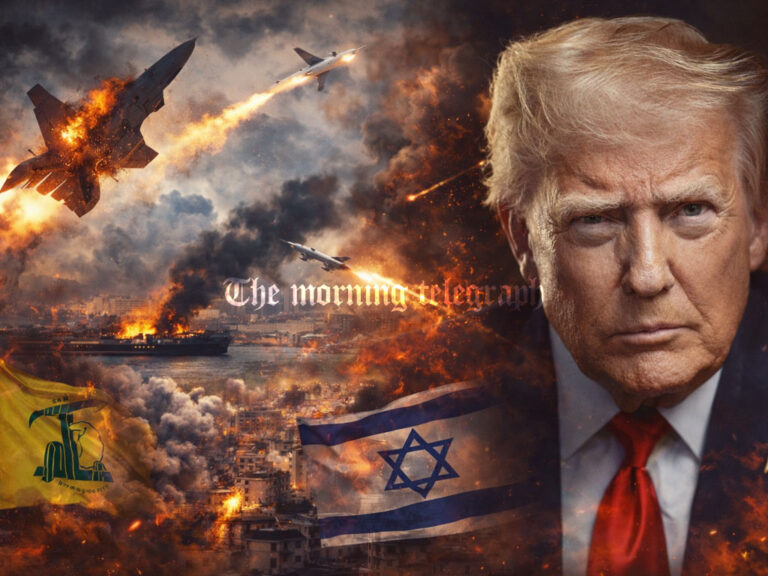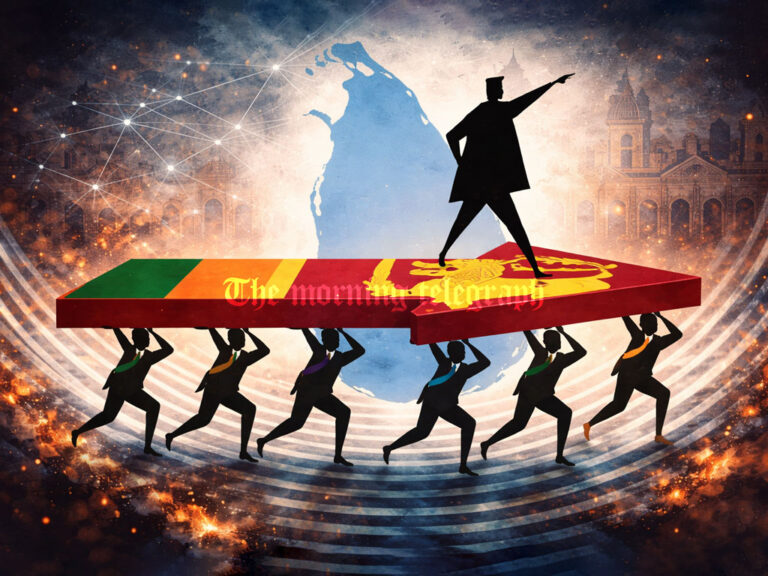
The recent announcement by Cabinet Spokesperson Minister Nalinda Jayatissa regarding the Indo-Sri Lankan security agreement has sparked a wave of concern over Sri Lanka’s sovereignty. Addressing a cabinet media briefing at the Government Information Department, the minister stated that “a bilateral agreement is required to disclose certain aspects of the security agreement signed between India and Sri Lanka during the Indian Prime Minister’s recent visit.”
While Minister Jayatissa assured that the matter would be brought before Parliament eventually, he also admitted that it may take time—raising eyebrows among political observers and constitutional experts alike. His comments have drawn scrutiny over Sri Lanka’s constitutional definition as “a free, sovereign, independent, democratic socialist republic,” as enshrined in Article 1 of the Constitution.
Critics argue that such secrecy and conditional disclosure directly contradict the essence of sovereignty. Many have pointed fingers at the National People’s Power (NPP) government, including President Anura Kumara Dissanayake, accusing them of betraying the public trust and the very sovereignty of the state.
Sri Lanka’s history, they say, is not unfamiliar with controversial pacts and treaties that have compromised national integrity:
- King Don Juan Dharmapala, the grandson of King Buwanakabahu VII, is infamously remembered for transferring sovereignty of the Kotte Kingdom to the Portuguese via a gift deed in the 16th century. He also embraced Catholicism, abandoning the country’s cultural and religious roots.
- The Kandyan Convention of 1815, signed under duress between British colonial authorities and the Kandyan chieftains, is widely regarded as an illegitimate agreement. Despite its legal ambiguity, it enabled Britain to annex the Kandyan Kingdom and impose colonial rule over the island.
- The Indo-Lanka Accord of 1987, signed by Indian Prime Minister Rajiv Gandhi and then-President J. R. Jayewardene, contained provisions—such as Articles 1.4, 2.1, 2.2, and 2.3—that were perceived to undermine Sri Lanka’s independence and sparked widespread unrest, including violent protests and a failed assassination attempt on Gandhi during his visit.
The opposition and civil society activists are now voicing concerns that the current administration’s reluctance to disclose the security pact mirrors these historical betrayals. Critics argue that veiling such agreements behind bureaucratic clauses sets a dangerous precedent.
“The President’s claim that a bilateral framework is needed for disclosure is nothing short of a national betrayal,” said one prominent political analyst. “This isn’t just a diplomatic arrangement—it’s a question of sovereignty and public trust.”
As calls for full transparency grow louder, many are questioning the nature and implications of the security pact, especially at a time when geopolitical tensions in the Indian Ocean region are rising. Political commentators warn that the government must tread carefully and uphold constitutional principles if it wishes to avoid the mistakes of the past.




